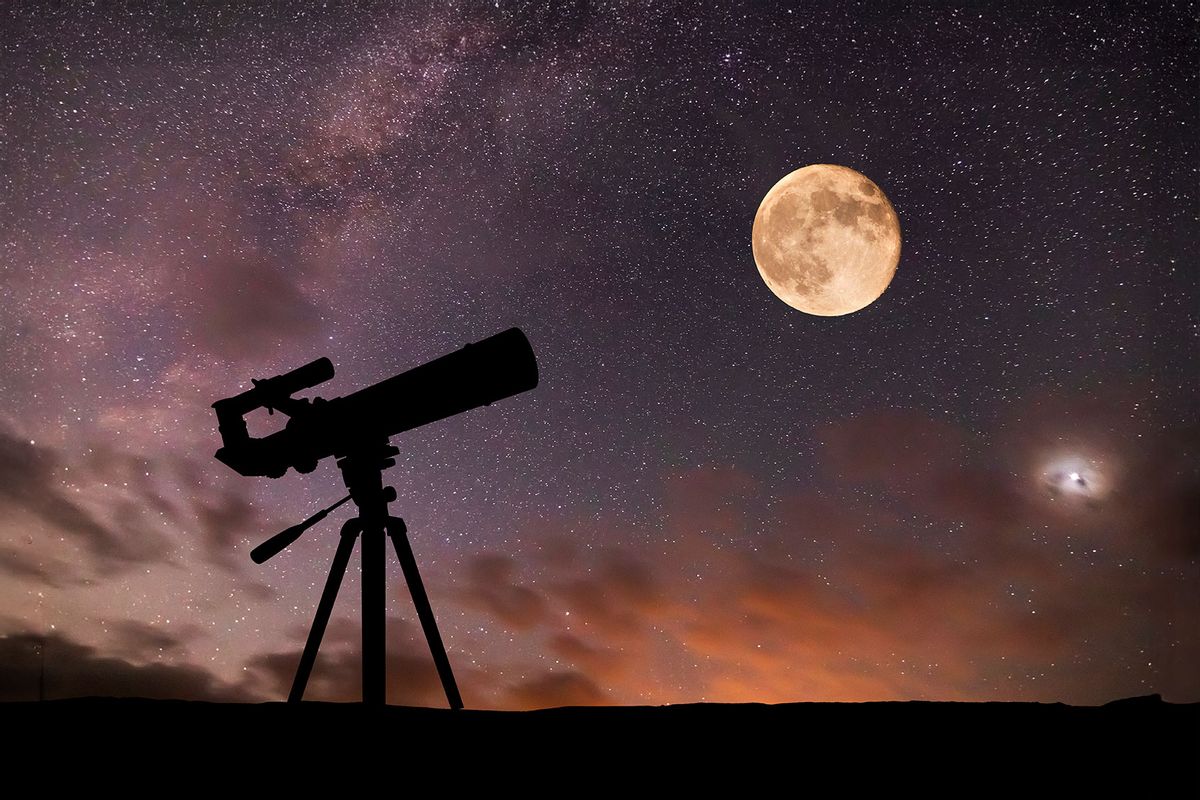It’s widely believed that Earth’s moon is 4.35 billion years old, an estimated age based on lunar samples brought back to Earth. However, a new study published this week in Nature suggests that scientists might be off on their current estimate. A new calculation indicates that the moon could be 100 million years older.
In the paper, scientists propose that the moon underwent a "remelting" 4.35 billion years ago due to a tidal pull of the Earth. As a result, this caused geological upheaval and intense heating essentially resetting the age of the lunar rock, disguising the true age of lunar samples.
“We predict that there shouldn't be any lunar rocks that are older than 4.35 billion years because they should have experienced the same resetting,” Francis Nimmo, a professor of Earth and planetary sciences at the University of California-Santa Cruz and author of the paper, said in a media statement. “Because this heating event was global, you shouldn't find rocks anywhere on the Moon that are significantly older than that.”
The authors state that the moon likely formed between 4.43 and 4.53 billion years ago. The paper offers a new perspective on the moon, which could spark new interest in the moon’s formation and early life.
“As more data becomes available—particularly from ongoing and future lunar missions—the understanding of the Moon’s past will continue to evolve,” Nimmo said. “We hope that our findings will spark further discussion and exploration, ultimately leading to a clearer picture of the Moon’s place in the broader history of our solar system.”



Shares